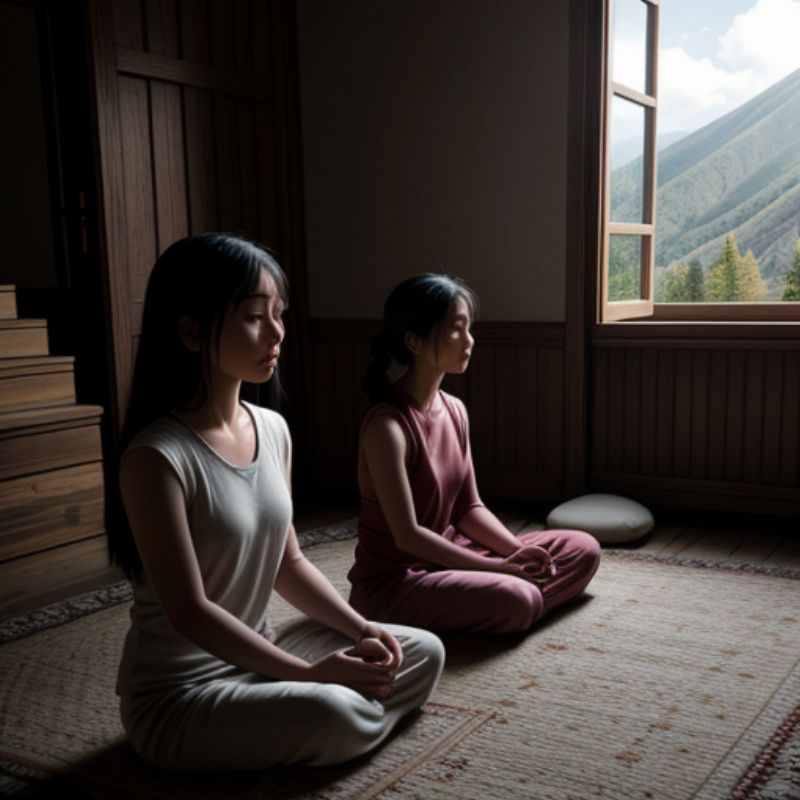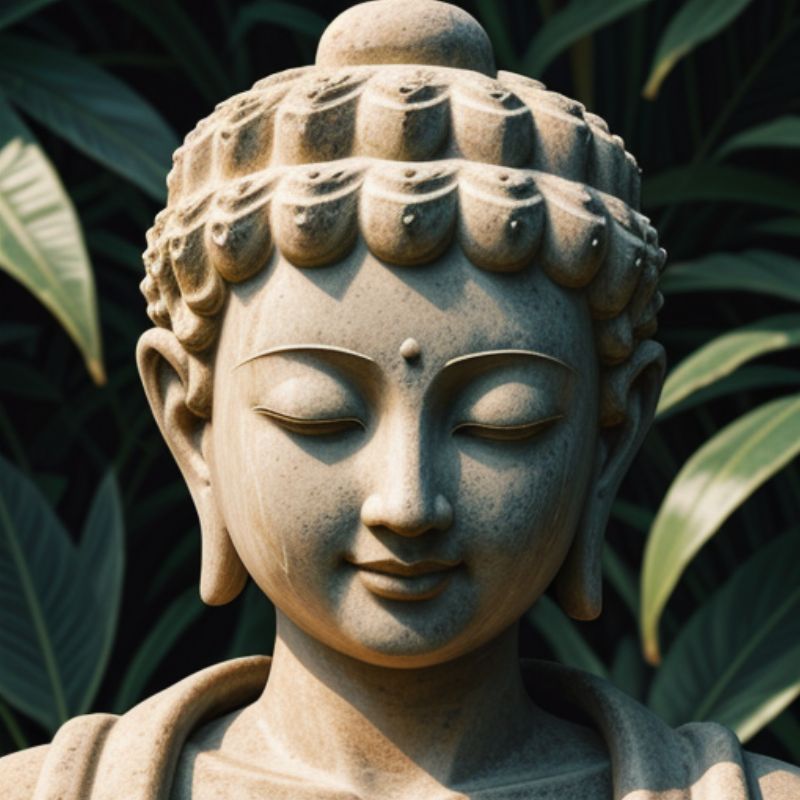Have you ever felt a yearning for inner peace, a longing for something beyond the everyday hustle? This desire, ingrained in the human spirit, is what draws many to the teachings of Buddhism. For the Burmese community in America, this spiritual journey often leads them to the welcoming embrace of the America Burma Buddhist Association (ABBA). Much like the lotus flower that blooms in muddy waters, the ABBA offers a haven for serenity and spiritual growth amidst the challenges of adapting to a new land.
Bridging Cultures: The Role of the America Burma Buddhist Association
Imagine leaving behind your homeland, your familiar rituals, and stepping into a world vastly different. This is the experience of many Burmese immigrants who found solace and community within the ABBA. But what is the ABBA, and what makes it so vital to the Burmese diaspora in America?
More Than Just a Temple
The ABBA is more than just a place of worship; it’s a lifeline connecting Burmese-Americans to their heritage. “Just like a single chopstick is easily broken, but a bundle is strong, the ABBA brings people together, reminding them of their roots while helping them navigate a new life,” explains Dr. Hla Myint, a respected elder in the community, referencing the Vietnamese proverb “Một cây làm chẳng nên non, ba cây chụm lại nên hòn núi cao.”
Here are some key roles the ABBA plays:
- Preserving Tradition: The ABBA provides a space for Burmese Buddhist traditions to thrive, from celebrating festivals like Thingyan (Burmese New Year) to teaching the Dharma in native languages.
- Community Support: New immigrants find guidance and assistance within the ABBA, navigating language barriers, cultural differences, and everyday challenges.
- Passing the Torch: The ABBA is instrumental in transmitting Buddhist values and practices to younger generations, ensuring the continuity of Burmese Buddhism in America.
Understanding the Name: Unraveling the “America Burma Buddhist Association”
The name itself, “America Burma Buddhist Association,” speaks volumes about its mission. It bridges two cultures – “America” representing their new home and “Burma” symbolizing their heritage. The inclusion of “Buddhist” clearly defines the core belief system uniting this community.
Common Questions About the ABBA
- What Buddhist tradition does the ABBA follow? The ABBA primarily follows Theravada Buddhism, the predominant school of Buddhism in Myanmar.
- Is the ABBA open to non-Burmese individuals? Yes, many ABBAs welcome individuals from all backgrounds interested in learning about Burmese Buddhism.
- How can I find an ABBA center near me? A quick online search using keywords like “America Burma Buddhist Association [your city/state]” can help you locate centers.
Stepping into Serenity: The Impact of Buddhism on Daily Life
Buddhism’s influence extends far beyond the temple walls, seeping into the everyday lives of its followers. It’s not just about rituals; it’s about cultivating a way of being.
The Essence of Buddhist Teachings
At the heart of Buddhism lie the Four Noble Truths, which unveil the nature of suffering and the path to liberation:
- The Truth of Suffering (Dukkha): Life inevitably involves suffering, from physical pain to emotional distress.
- The Truth of the Origin of Suffering (Samudaya): Suffering arises from attachment and craving.
- The Truth of the Cessation of Suffering (Nirodha): Suffering can cease by eliminating attachment.
- The Truth of the Path to the Cessation of Suffering (Magga): The Noble Eightfold Path leads to the end of suffering.
Weaving Buddhist Principles into Daily Life
“Buddhism teaches us to be like water,” says Daw Aye Thida, a renowned meditation teacher, drawing wisdom from the Vietnamese saying “Nước chảy đá mòn” (Water dripping hollows out stone). “Just as water adapts to its container, we too can learn to face life’s challenges with flexibility and resilience.”
Here’s how Buddhist principles manifest in daily life:
- Mindfulness in Action: Whether it’s eating, walking, or working, practicing mindfulness helps us stay present, reducing stress and increasing appreciation.
- Compassion as a Guiding Light: Buddhism emphasizes compassion for oneself and others, encouraging kindness, forgiveness, and understanding.
- Finding Contentment: By recognizing that true happiness comes from within and not from external possessions, Buddhism helps cultivate contentment and gratitude.









